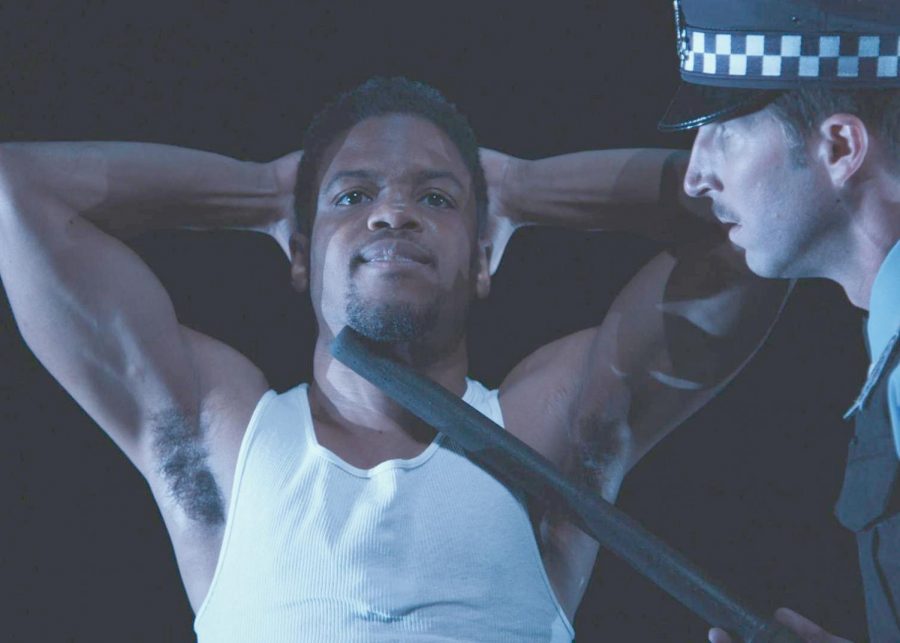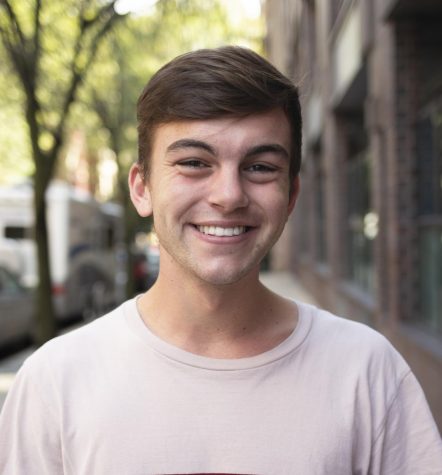What You Missed at SXSW
Jon Michael Hill and Blake DeLong in “Pass Over.”
March 19, 2018
Politics surrounding race, class and gender were at the center of this year’s South by Southwest Conference & Festivals in Austin, Texas. Creatives from NYU, like Spike Lee (“Passover”) and Madeleine Olnek (“Wild Nights with Emily”), and across the globe, like Malaysian-born filmmaker Yen Tan (“1985”) and emerging Canadian filmmaker Emma Seligman (“Shiva Baby”), gathered at the week-long festival to showcase stories with women as the focal point, queer romance as a primary plotline and people of color actors in POC roles –– hurdles that Hollywood blockbusters today just can’t seem to jump over.
Rising and established voices at SXSW wrote, directed and produced films to reflect the progress we have made and the progress we are still fighting for. Lee’s “Passover” examined systematic poverty and violence in the black community while Olnek’s “Wild Nights with Emily” uncovered the erased lesbian romance between Emily Dickinson and Susan Gilbert. Suzi Yoonessi’s “Unloveable” was led by an Asian-American actress in a primary Asian-American role while Tan’s “1985” featured queer actors in queer roles –– a challenge in today’s renaissance of queer cinema.
Less on the nose, films like Olivia Newman’s “First Match” and Laura Steinel’s “Family” redefined what a family can be in the 21st century, while Bo Burnham’s “Eighth Grade” and Emma Seligman’s “Shiva Baby” explored a girl’s coming-of-age and sexuality without passing judgment or writing a man at the center.
During times of political and civil unrest, artists have historically –– in the words of Meryl Streep –– taken their broken hearts and turned them into art. If the voices of this year’s SXSW were any indication of 2018 in film, we are in good shape. Audiences and critics can prepare for a year of answers to problems of representation and opportunity that have plagued the industry since its beginnings.
A version of this article appeared in the Monday, March 19 print edition. Email Ryan Mikel at [email protected].



























































































































































